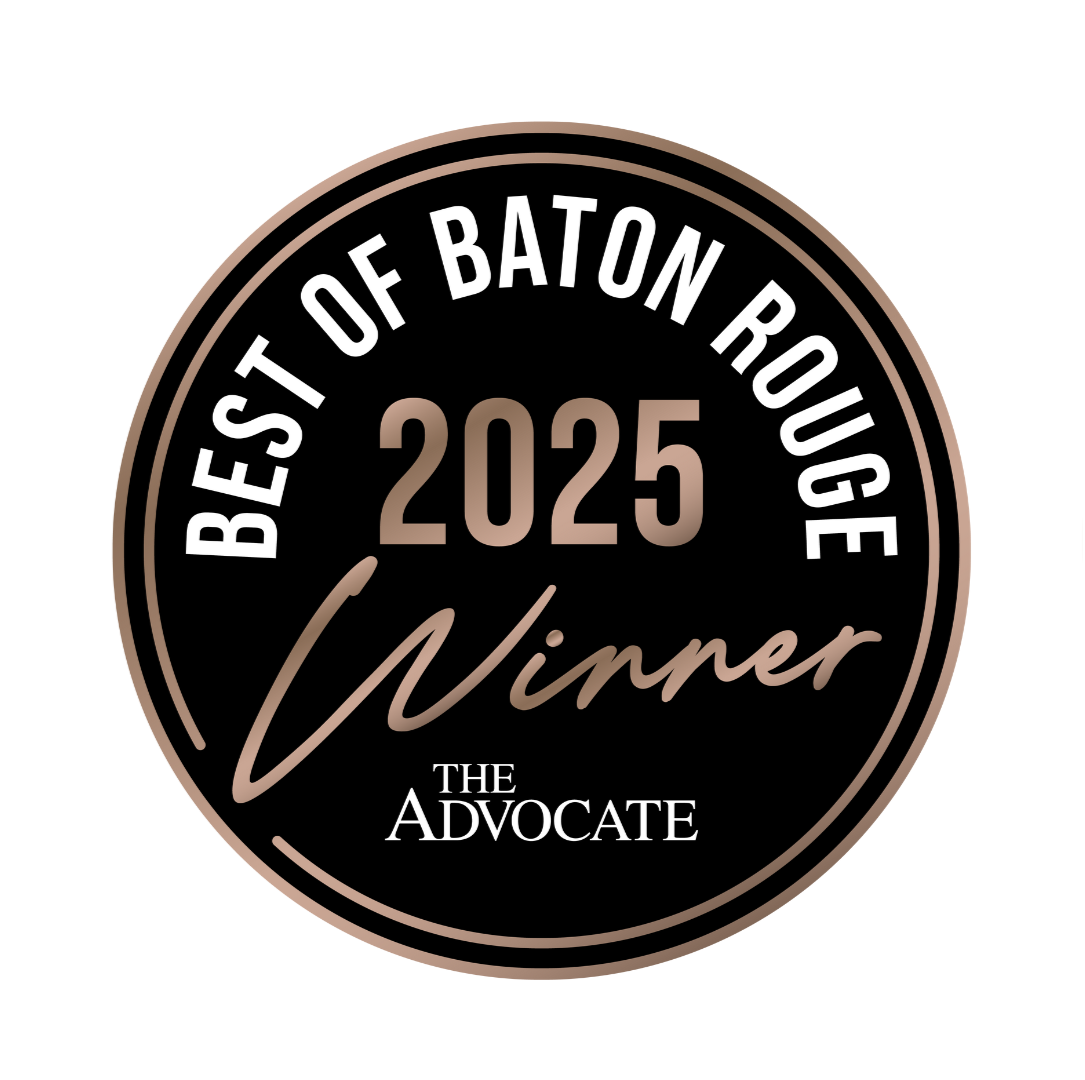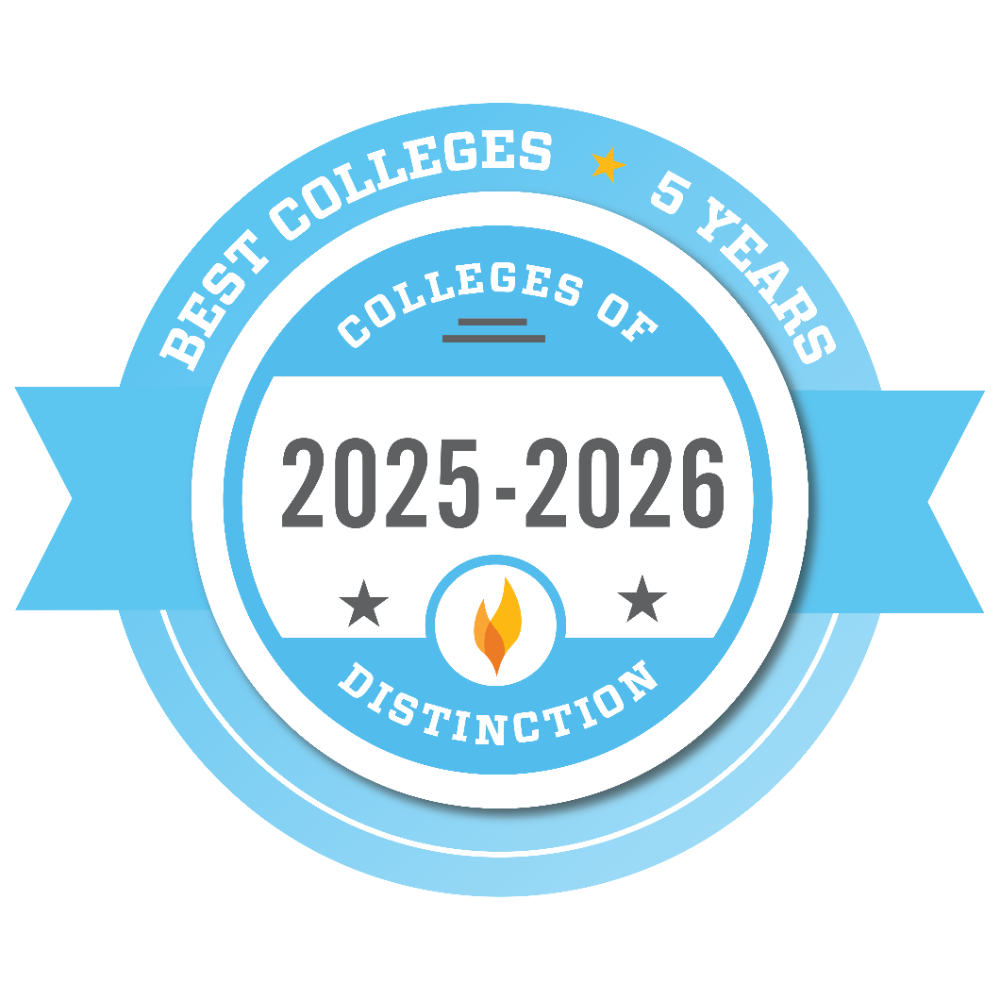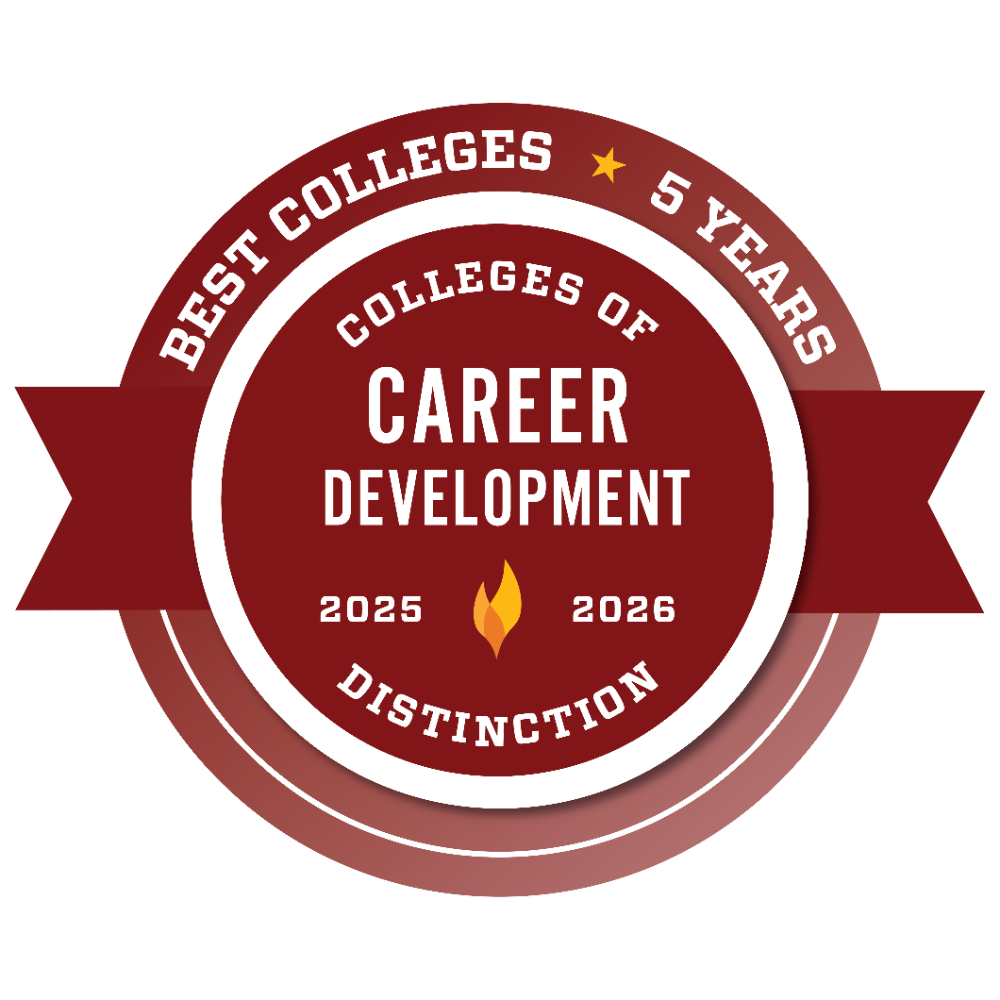Clinical Microbiology Certificate
-
Degree
Certificate
-
School
Health Professions
Program Overview
The Certificate in Clinical Microbiology for Medical Laboratory Science prepares students to work in microbiology departments within the clinical laboratory. In this 14-month certificate program, students will take courses in microbiology, molecular diagnostics, genetics and more. Students in the certificate program will complete all microbiology-related coursework/practicum within the Medical Laboratory Science program.
The program is open to students currently enrolled in a baccalaureate program at FranU with a minimum number of biology and/or chemistry credits or those with a previously earned bachelor’s degree and the minimum number of credit hours in biology or chemistry.
On This Page
Program Contact
Deborah Fox Ph.D., M.T.(ASCP)
Phone: (225) 526-1727
Email: Deborah.Fox@franu.edu
Career Opportunities in Clinical Microbiology
Graduates of the Clinical Microbiology Certificate program are prepared for specialized roles in hospital and clinical laboratory settings. With advanced training in microbiology, molecular diagnostics and genetics, they can work as medical laboratory scientists, technologists or microbiology specialists. These professionals play a critical role in diagnosing infectious diseases, supporting patient care and contributing to public health through accurate laboratory testing.
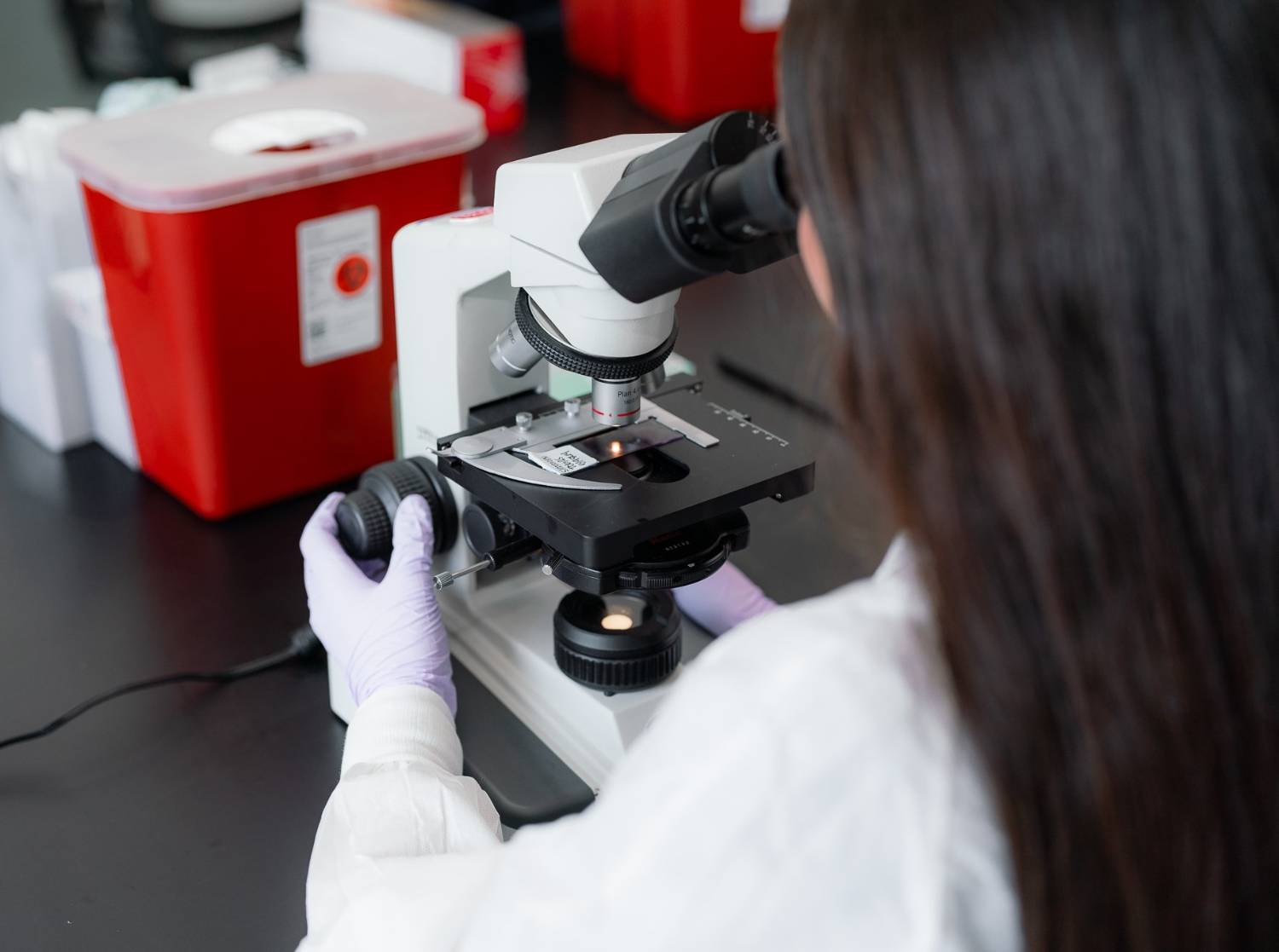
Request More Information
Want to know more about how the program can prepare you for your career? Learn more about the Certificate in Clinical Microbiology by requesting information.
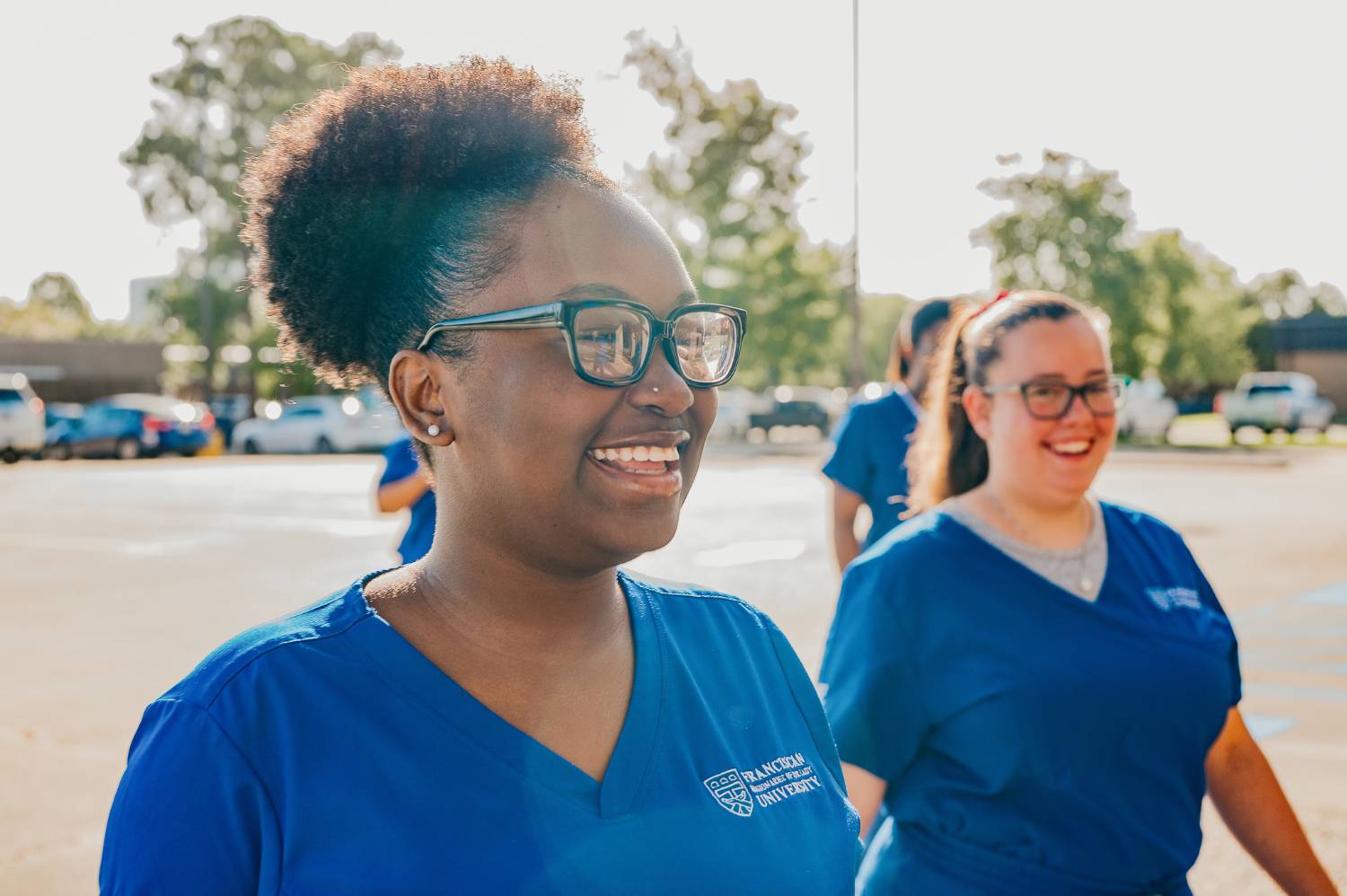
Hone Your Skills in the Clinical Microbiology Certificate Program
With the FranU Clinical Microbiology Certificate, you’ll be well prepared to work in the laboratory setting. In this 14-month program, you’ll hone your skills in microbiology and be eligible for a CLS-Specialist licensure in the state of Louisiana.
Program Highlights
-
14-month certificate program - Our program allows you to earn your clinical microbiology certification in just 14 months.
-
Prepare for licensure - Graduates with this certificate will be eligible to take the American Society of Clinical Pathology (ASCP) Board of Certification (BOC) examination for Technologist in Microbiology M(ASCP) and will be eligible for a Clinical Laboratory Scientist (CLS)-Specialist license in the area of Microbiology through the Louisiana State Board of Medical Examiners (LSBME).
-
Study for work in a microbiology lab - You’ll be prepared to work within the laboratory setting after completing the program. FranU Clinical Microbiology Certificate graduates will be eligible to work in microbiology departments within the clinical laboratory, not as generalists within the clinical laboratory setting.
Admissions Requirements
For admission to the clinical microbiology certification program, applicants must meet the following criteria:
-
A minimum cumulative grade point average of 2.0.
-
Previously completed baccalaureate degree from a regionally accredited college/university with a major in biological science or chemistry or a baccalaureate degree from a regionally accredited college/university with a combination of 30 semester hours (45 quarter hours) of biology and/or chemistry
-OR- -
Current enrollment in the biology bachelor’s degree program or other baccalaureate degree program at FranU, which includes a combination of 30 semester hours of biology and/or chemistry.
**Completion of a bachelor’s degree prior to or concurrently with the completion of the Clinical Microbiology Certificate is required in order to qualify for Route 3 eligibility for the Technologist in Microbiology M(ASCP) exam.**
Route 3 Requirements
The Route 3 eligibility requirements are as follows:
-
Baccalaureate degree from a regionally accredited college/university with a major in biological science or chemistry or a baccalaureate degree from a regionally accredited college/university with a combination of 30 semester hours (45 quarter hours) of biology and/or chemistry and
-
Successful completion of a structured program in microbiology under the auspices of a NAACLS-accredited medical laboratory scientist program within the last five years. The structured program in microbiology must be equivalent to the curriculum for microbiology in the medical laboratory scientist program. Applicants should not apply until after the successful completion of the structured program.
Program Learning Outcomes (PLOs) of the Clinical Microbiology Certificate
Upon completion of the microbiology certification program, the graduate will be able to:
-
Apply knowledge of basic/advanced laboratory science concepts and theories to the practice of clinical laboratory medicine.
-
Evaluate discipline-specific case studies, accurately interpreting the results of laboratory testing.
-
Competently perform manual and automated laboratory science procedures as an entry-level practitioner.
-
Demonstrate effective written and oral communication skills within the academic and clinical setting.
-
Demonstrate Franciscan values and professional ethics/conduct within the academic and clinical setting.
Program Goals
The goals of the microbiology certificate program are to:
-
Admit, retain and graduate a diverse population of academically qualified students.
-
Provide a high-quality educational experience that imparts to the students the knowledge and skills necessary to ensure success as a clinical laboratory professional.
-
Provide the healthcare community with knowledgeable and skilled entry-level practitioners.
-
Promote within the classroom and encourage in the clinical setting the development of a) Franciscan values as defined by the University mission statement and Ex Corde Ecclesiae and b) professional ethics and conduct according to the standards of the profession and the Ethical and Religious Directives for Catholic Healthcare Services.
Frequently Asked Questions
The application deadline for the program is March 15th.
Students are admitted to the clinical microbiology certification program during the Summer semester.
The cost of the program is approximately $12,700.
Students who complete the Certificate in Clinical Microbiology will be qualified to take the Board of Certification (BOC) examination for Technologist in Microbiology, M(ASCP) offered by the American Society of Clinical Pathology (ASCP).
Medical Laboratory Science Faculty
Our Medical Laboratory Science faculty members are highly-skilled professionals with extensive content expertise and a passion to teach students how to apply practical, clinical knowledge to their future careers.
Resources
| Heading 1 | Heading 2 | Heading 3 | Heading 4 |
|---|---|---|---|
|
MLS Handbook |
|
698.87 KB |
|
|
NAACLS-Defined Program Outcome |
|
64.9 KB |
Regional Accreditation
For information about our SACSCOC accreditation, please visit our Institutional Accreditation page.
NAACLS Accreditation
The Medical Laboratory Science program is accredited by the National Accrediting Agency for Medical Laboratory Science (NAACLS, 5600 N. River Road, Suite 720, Rosemont, IL 60018 or call (773)-714-8880).

